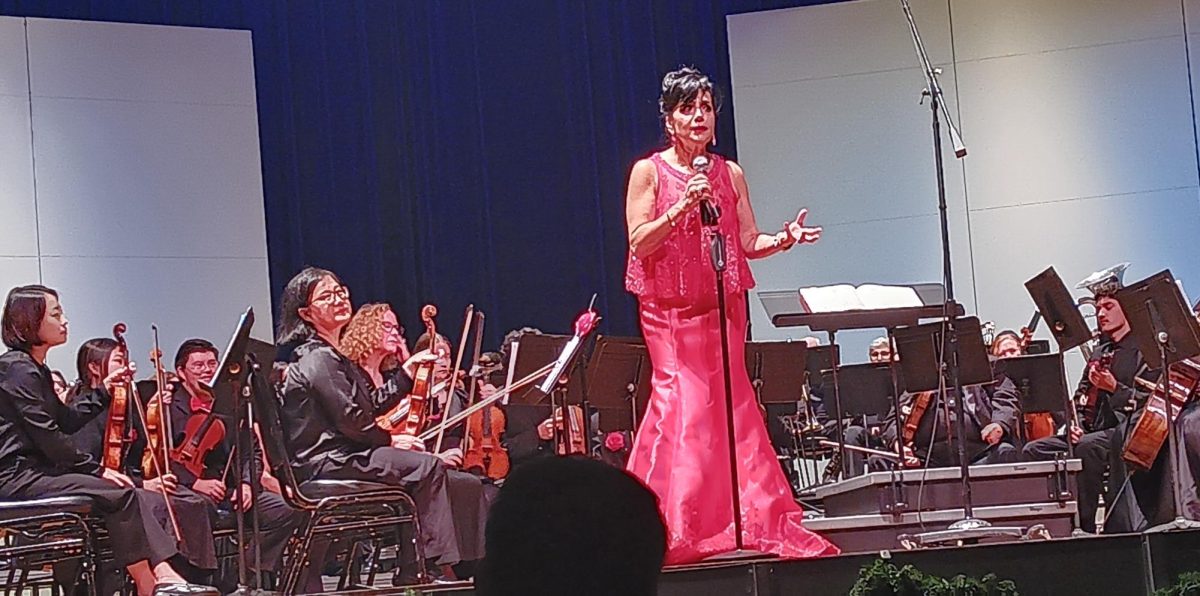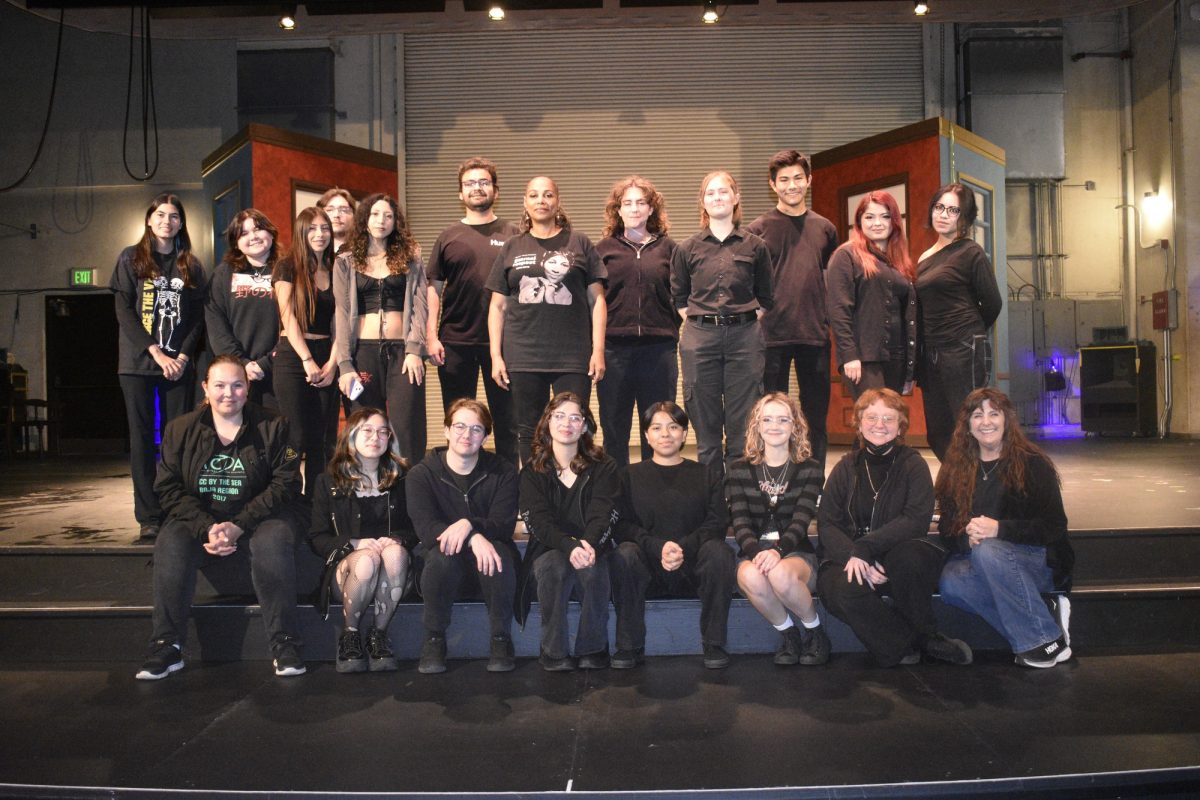They were denied the right to vote, their prescence in politics didn’t exist and they were rejected from participating in higher education.
The oppression women experienced during the 17th, 18th, 19th and early-20th centuries brought about a movement when women fought to regain their civil rights.
And after decades of suffering, March is recognized as National Women’s History Month in which many people honor the women who helped influence and shape society.
“Women are treated way better and have more opportunities to work now than they did twenty to thirty years ago,” Camilla Trudeau-Katoa, 19, communications major, said. “Now we can do anything we set ourselves to.”
The celebration of women’s history originated in 1978 when the school district of Sonoma, Calif., honored “women’s contributions to history” by organizing a week-long celebration, according to the website www.history.com.
As the celebration gained notoriety as a way to preserve women’s history, Congress established Women’s History Month in 1987, a nationally recognized month-long celebration, according to The Library of Congress.
“In American society, women now have whatever role they choose, the challenge now is finding a balance with work and the responsibilities that come with motherhood,” Mediah Din, sociology professor, said.
This year’s theme for the month is “Women’s Education—Women’s Empowerment,” determined by the National Women’s History Project—a clearninghouse that provides training on women’s history.
The women who fought and stood up for equal education contributed to American history and culture in the most honorable way possible, paving the way for women’s success, according to the website www.history.com.
Before 1848, women had little to no access to the educational system and many were denied entrance into colleges throughout the U.S, according to the NWHP.
But the demand for equality in higher education started when the Women’s Rights Convention enlightened women to demand opportunities for equal rights and eventually gained eligibility for women to participate in co-education, according to NWHP.
After this event took place in 1848, the beginning of women’s educational enrichment began and today, the advancements women reached in history are countless, Din said.
“I think education has influenced women’s achievements very positively; without it, it’s hard to make progress,” Din said.
“We see more women in higher education every year and we see women reaching higher places in our political system,” she added.
Activists, such as Elizabeth Cady Stanton, fought to establish an equal opportunity for women to learn in the same academic programs as men in the U.S., according to the website www.history.com.
After being rejected from college because it was thought to make women unfit mothers and wives, Elizabeth Blackwell became the first female to graduate in 1849 with a medical degree from Geneva Medical College in New York, according to NWHP.
Not only did women make history in the medical field, women made many contributions over the centuries in the arts as poets, authors and actresses.
Edith Wharton is best known for her historical achievement as the first woman to win a Pulitzer Prize in 1921 after publishing her book, “The Age of Innocence.”
While many women were denied the right to an education, they were also not allowed to participate in extracurricular activities such as sports. But in the beginning of the 17th century, women became part of horseracing, boxing and even baseball. Joan Benoit was the first women to win the Women’s Olympic Marathon in 1984, according to the website www.history.com.
Women also made history in politics when Frances Perkins became the first female member of a presidential cabinet in 1933 when she was appointed Secretary of Labor, according to NWHP.
A similar political achievement was achieved when Sandra Day O’Connor was selected to the Supreme Court in 1981 by President Ronald Reagan.
These accomplishments opened the doors for many women to follow suit.
In the 2008 U.S. presidential campaign, Hillary Clinton became the first woman presidential candidate to participate in every primary and caucus in every state and the first woman to win a primary election, according to the website www.findingdulcinea.com.
In the field of science, Amelia Earhart was the first woman to fly over the Atlantic Ocean, completing her flight in 1928. And in 1983, Sally Ride became the first American female astronaut to join NASA and travel into space, according to the website www.history.com.
While these are just a few of the historic achievements made by women, this month’s celebration is a way to give tribute to all the women who fought for equality and changed the lives of many around the world.
“Now that times have changed, women have been given more freedom to do as they please,” Marlen Ramirez, 21, sociology major said. “And today they can be more successful than men.”







